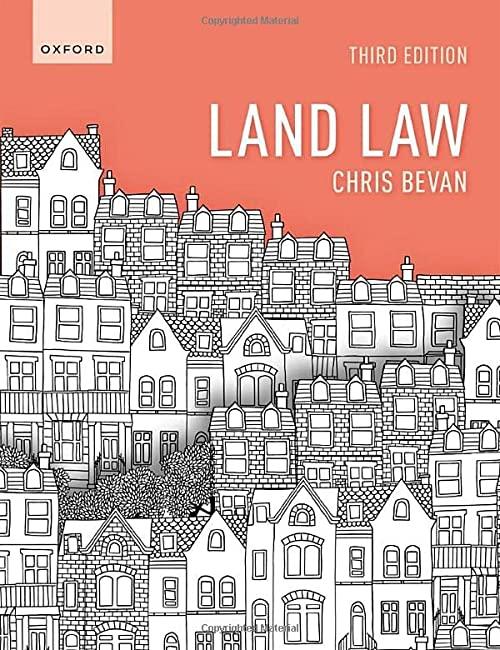Question
23. True or False. John borrows $1,000 from his friend Maria, and gives her a signed paper that says: I owe Maria $1,000. This document
23. True or False. John borrows $1,000 from his friend
Maria, and gives her a signed paper that says: "I owe
Maria $1,000." This document could be used in court as
evidence that Maria owes a debt to John.
24. True or False. The document described in Question
#23 is a good example of a "Promissory Note."
25. True or False. Most credit-card debts are
"unsecured," meaning there is no collateral that can be
claimed by the credit-card issuer if the debtor cannot
pay the credit-card debt.
26. True or False. A lender who wants to be extra safe
could require a borrower to sign a Promissory Note, AND
to pledge collateral like a car or other item of personal
property, in case the borrower cannot, or will not, repay
the loan.
27. True or False. In the case of a Chapter 7
Bankruptcy, a creditor who has a security interest in the
debtor's car will usually have a better chance of being
paid that a creditor who is unsecured.
Step by Step Solution
There are 3 Steps involved in it
Step: 1

Get Instant Access to Expert-Tailored Solutions
See step-by-step solutions with expert insights and AI powered tools for academic success
Step: 2

Step: 3

Ace Your Homework with AI
Get the answers you need in no time with our AI-driven, step-by-step assistance
Get Started


